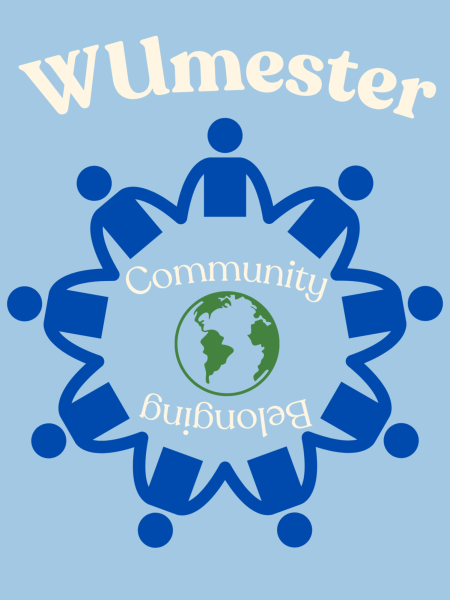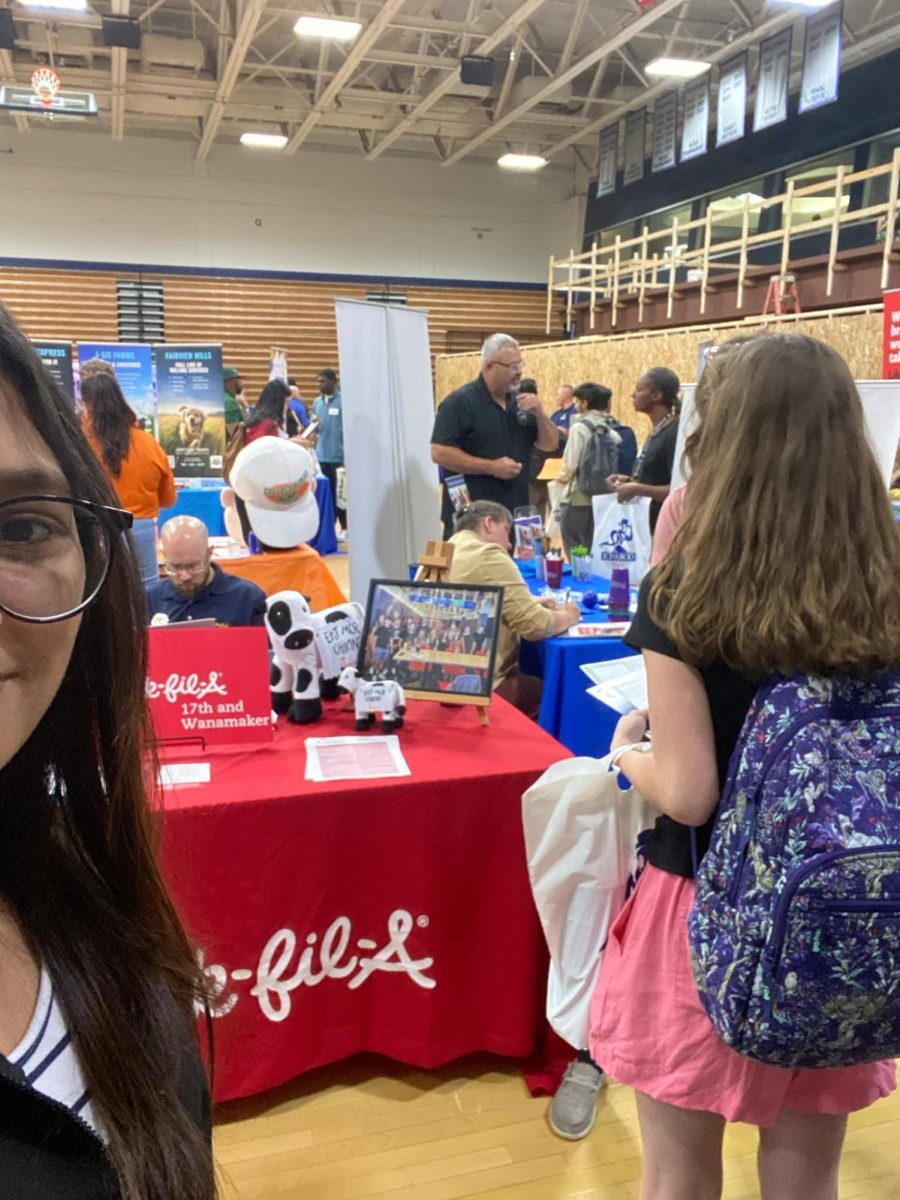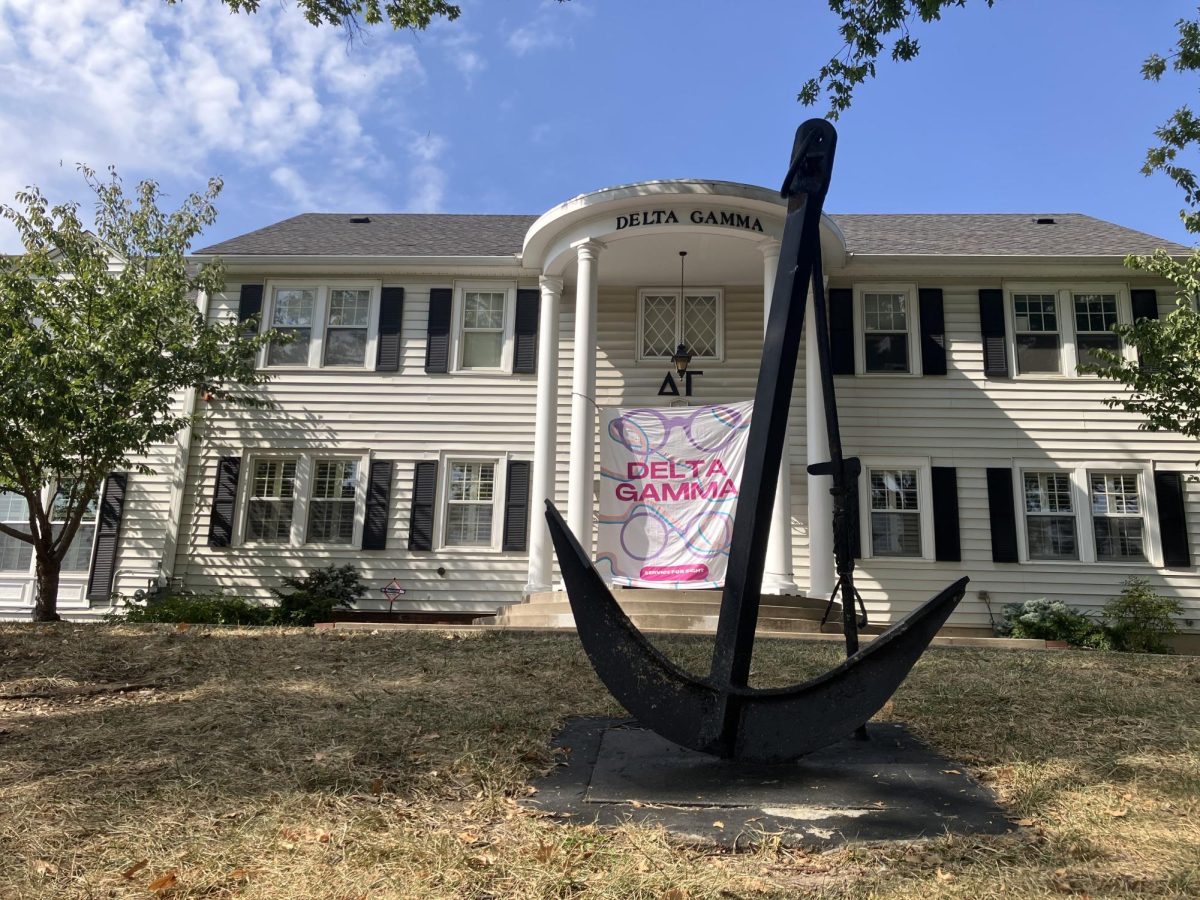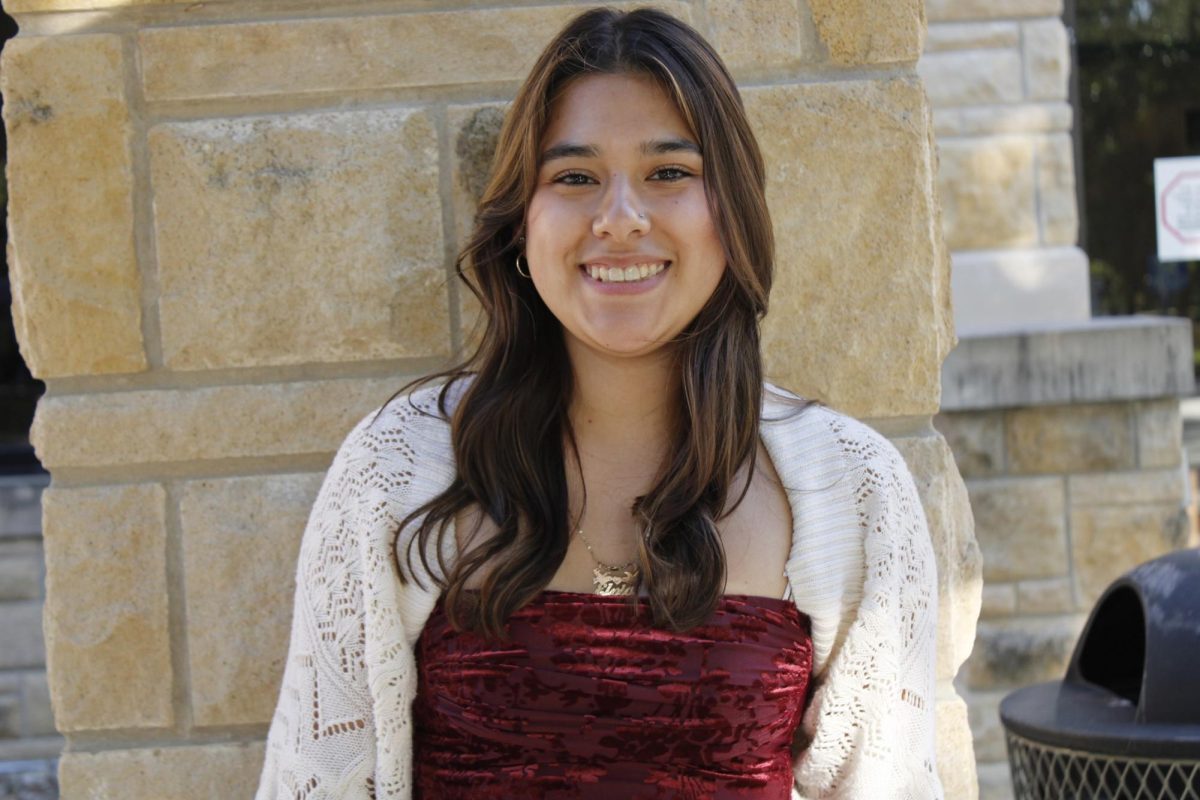
When thinking of the words community and belonging, people have different ideas of what those two words mean and how they view it. When asking students and faculty on campus, every answer had a difference.
In celebration of the 70th anniversary of the 1954 United States Supreme Court Brown V. Board of Education in Topeka, WUmester at Washburn University takes initiative to examine community and belonging from the outlook of academic disciplines from all of campus. The goal of community and belonging is to have contribution to safety, well-being and empowerment. WUmester is to have students talk about issues or opinions that may be occurring on campus and having the ability to communicate with one another about these subjects.
This year’s theme is community and belonging. It can hold various amounts of meaning to different students and faculty on campus.
“To me, community and belonging means to be around similar minded people and being able to actually be yourself,” said Bridget Fowler, a freshman psychology major.
WUmester aims to engage the Washburn community and attempt social justice. Whether it be in the classroom or real-world topics, it acknowledges the problems.
“Community is a support system for people, obviously, but it can also be seen as a way of getting out of your own selfish needs and helping the community around you,” said Joseph Probst, a sophomore criminal justice major.
When having conversations among the community, students and faculty learn about what others may be going through. Whether that be society-based issues, suffrage, diversity, or other social problems that fall within the WUmester theme.
“I believe when people think of a sense of belonging it may seem daunting at first, especially when being new to a certain. I think it just takes time to find that sense of belonging,” said Erica Morales, a sophomore computer science major, “but be involved and find your people. It will then happen naturally. There is always going to be a place for you.”
While students gave their opinion and outlook on WUmester’s theme of community and belonging, professors have perspectives when it comes to this topic.
“Community and belonging falls on the shoulders of those who have the power in the community to create belonging. It’s not up to those who have less power or say. The environment should be one where people feel like they can belong,” said Muffy Walter, assistant professor of English. “If people can feel like they can be their authentic self in a space and know that there won’t be any repercussions for that, I think that’s what community should be.”
Faculty being aware of community and belonging assures students they have knowledge of issues and problems that may need to be addressed.
“When I think of community and belonging, I think about connection, that is the first word that comes to my mind,” said Carson Kay, assistant professor of communication studies. “I am often thinking about the power of collective sense-making and how people not only develop communication and develop norms through socialization over time, but community really provides the foundation for human knowledge. It also provides the support we need in our everyday lives.”
Whether a faculty member or student, community and belonging may be seen differently or defined in a way that makes sense to that person.
Edited by Jami Morain, Drew Olsen, Aja Carter and Jeremy Ford








